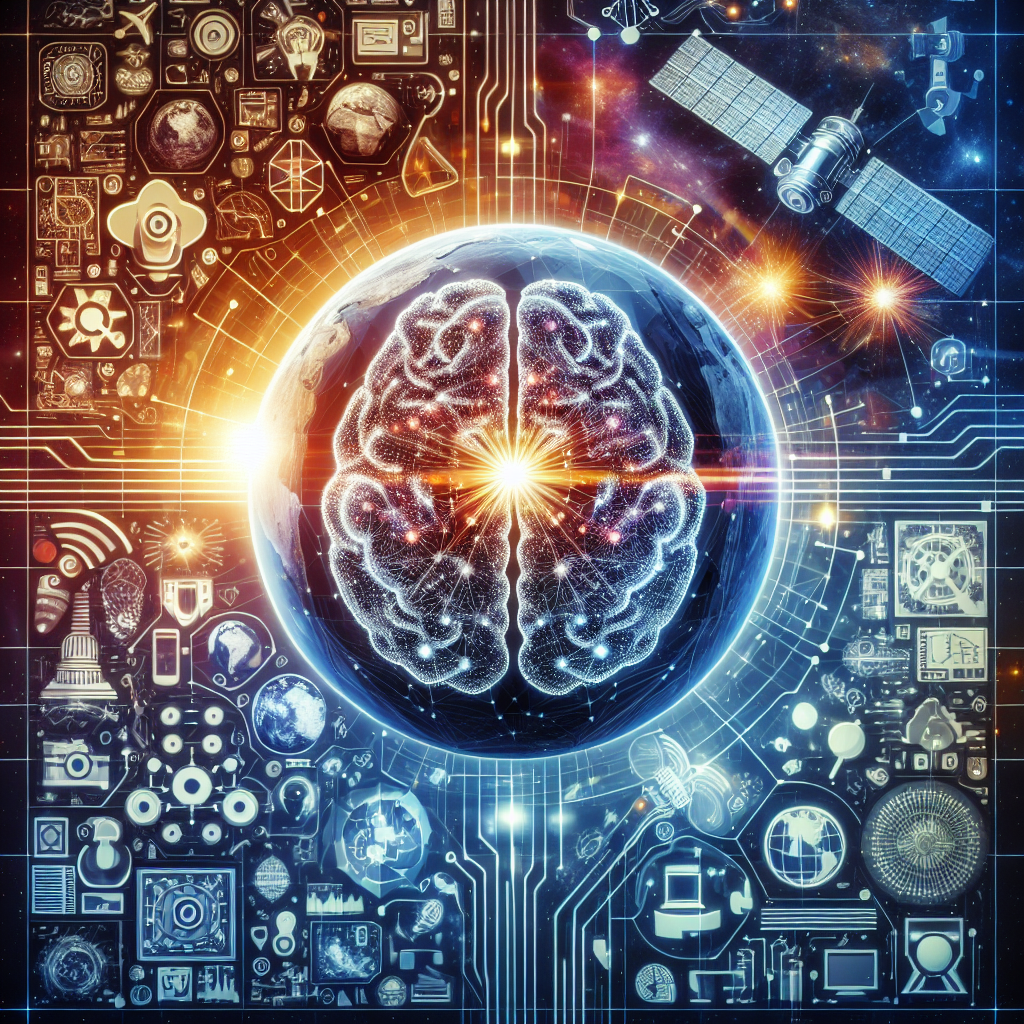Artificial General Intelligence (AGI) is a rapidly evolving field of technology that has the potential to revolutionize the way we live, work, and interact with the world around us. AGI refers to machines that possess the ability to understand, learn, and perform tasks across a wide range of domains, much like a human being. Unlike narrow AI systems, which are designed for specific tasks, AGI has the potential to think and reason like a human, making it a game-changer for global innovation and technology.
In recent years, the development of AGI has gained significant momentum, with companies and research institutions around the world investing heavily in this area. The promise of AGI lies in its ability to solve complex problems, make decisions autonomously, and adapt to new situations in ways that surpass human capabilities. This has the potential to drive innovation across a wide range of industries, from healthcare and finance to transportation and entertainment.
One of the key benefits of AGI is its potential to accelerate scientific discovery and innovation. By leveraging the computational power and learning capabilities of AGI systems, researchers can analyze vast amounts of data, identify patterns and trends, and generate new insights that can lead to breakthroughs in fields such as medicine, materials science, and climate change. This has the potential to significantly reduce the time and cost of research and development, enabling faster progress and innovation.
Another area where AGI is poised to make a significant impact is in the field of automation. By combining advanced robotics with AGI systems, companies can create intelligent machines that can perform a wide range of tasks with precision and efficiency. This has the potential to revolutionize industries such as manufacturing, agriculture, and logistics, enabling businesses to increase productivity, reduce costs, and improve the quality of products and services.
AGI also has the potential to transform the way we interact with technology. By enabling machines to understand and respond to human language, gestures, and emotions, AGI systems can create more intuitive and natural interfaces that make technology more accessible and user-friendly. This has the potential to revolutionize industries such as healthcare, education, and entertainment, enabling new ways of interacting with technology and improving the overall user experience.
Despite the potential benefits of AGI, there are also concerns about its impact on society. One of the main concerns is the potential for AGI systems to outperform humans in a wide range of tasks, leading to job displacement and economic disruption. While this is a valid concern, many experts believe that AGI has the potential to create new opportunities and industries that can offset job losses and drive economic growth.
In order to address these concerns, it is important for policymakers, researchers, and industry leaders to work together to develop ethical and responsible guidelines for the development and deployment of AGI systems. This includes ensuring transparency and accountability in the design and operation of AGI systems, as well as addressing issues such as bias, privacy, and security.
Overall, AGI has the potential to be a game-changer for global innovation and technology. By harnessing the power of intelligent machines, we can unlock new opportunities, solve complex problems, and create a more efficient and sustainable future. While there are challenges and concerns that need to be addressed, the potential benefits of AGI far outweigh the risks, making it a technology worth investing in and developing.
FAQs:
Q: What is the difference between AGI and narrow AI?
A: AGI refers to machines that possess the ability to understand, learn, and perform tasks across a wide range of domains, much like a human being. Narrow AI, on the other hand, is designed for specific tasks and lacks the ability to generalize beyond its training data.
Q: How is AGI different from human intelligence?
A: While AGI systems have the potential to think and reason like a human, they lack the emotional intelligence and creativity that humans possess. AGI systems are also limited by their programming and training data, whereas humans can learn and adapt to new situations in ways that machines cannot.
Q: What are the potential benefits of AGI?
A: AGI has the potential to accelerate scientific discovery and innovation, revolutionize industries through automation, and improve the way we interact with technology. It also has the potential to drive economic growth and create new opportunities for businesses and individuals.
Q: What are the ethical concerns surrounding AGI?
A: Some of the ethical concerns surrounding AGI include job displacement, bias, privacy, and security. It is important for policymakers, researchers, and industry leaders to address these concerns in order to ensure that AGI is developed and deployed responsibly.
Q: How can AGI be regulated?
A: Regulation of AGI will require collaboration between policymakers, researchers, and industry leaders to develop ethical guidelines and standards for the development and deployment of AGI systems. This includes ensuring transparency, accountability, and fairness in the design and operation of AGI systems.

